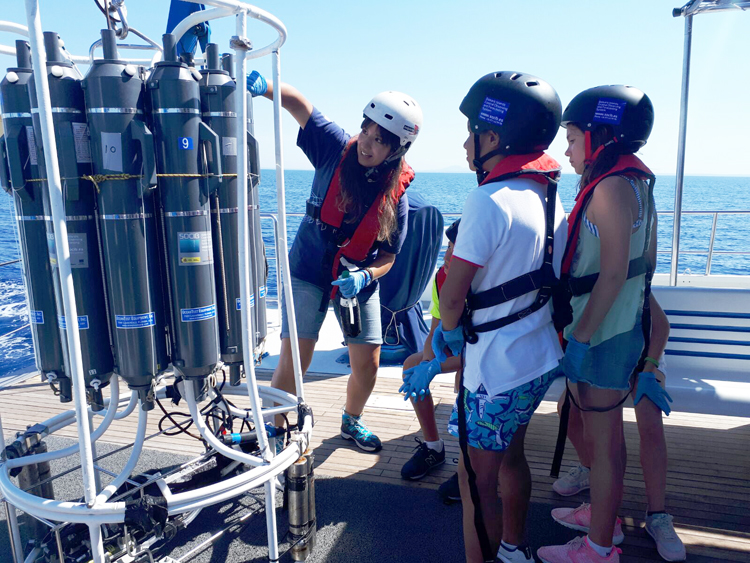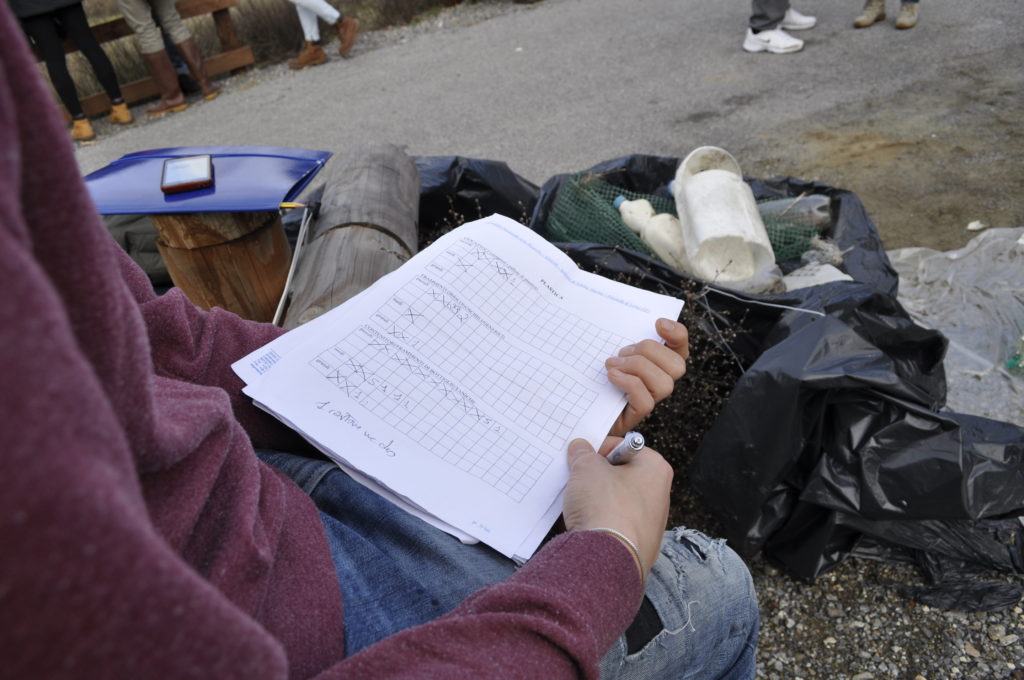The EuroGOOS Ocean Literacy Network contributed to the 1st Ocean Literacy Course organized within the UN Decade of Ocean Science for Sustainable Development 2021-2030. The training development was led by IOC and its Ocean Teacher Global Academy. Virtual classrooms brought together a wide range of people from various sectors of society and occupations around the topic of Ocean Literacy. Teachers were gathered from practitioners and managers from around the world.
In this course, we shared our passion for ocean observing which underpins all activities at sea, as well as our weather and climate predictions, and presented two case studies from the EuroGOOS Ocean Literacy Network.
EuroGOOS member SOCIB, the Balearic Islands Coastal Observing and Forecasting System, presented a study on “The Sea of Science” contest in Spain: a nationwide artwork, video, and storytelling competition for primary and secondary schools. SOCIB strongly believes that researchers have an obligation to inform the public of their work and to encourage open dialogue about an area of science that is likely to have a huge impact on people’s lives, bringing marine sciences and scientists closer to the public. In the “The Sea of Science” contest, students immerse themselves in marine sciences through artistic expression, showing their relationship with the ocean, and their views about its state and oceanographers’ work. The competition also involves teachers, education centres, and families. It promotes an inspiring and engaging ocean and helps citizens understand the ocean value and importance.
Two other members of EuroGOOS, the Institute of Marine Sciences of the Italian Research Council, CNR-ISMAR, and Istituto Nazionale di Geofisica e Vulcanologia, INGV, shared a case study on the project “SeaCleaner” focused on the problem of anthropogenic waste in the marine environment. Since 2013, “SeaCleaner” has involved more than 1,500 pupils, researchers, and citizen volunteers in the monitoring of Anthropogenic Marine Debris accumulated on Italian coasts. Within this project, a data acquisition protocol was defined for the collection and cataloguing of the different types and sizes of these waste items, based on protocols used at European level, was simplified and adapted to the local specificities, to allow its use by volunteers and also by high school students, thus combining research and education. The activity involved environmental NGOs, volunteers, and five Italian Marine Protected Areas surrounding the Pelagos Sanctuary.
At the training session, led by Francesca Santoro, IOC Programme Specialist developing Ocean Literacy at UNESCO, the EuroGOOS members’ Ocean Literacy efforts were presented by Dina Eparkhina, the Network‘s coordinator. Download the EuroGOOS slides and discover the images from the “The Sea of Science” and the “SeaCleaner” case studies below.
 The Sea of Science (La mar de ciencia) contest. Credit: SOCIB |
 Sea Cleaner project. Credit: CNR-ISMAR and INGV |















































